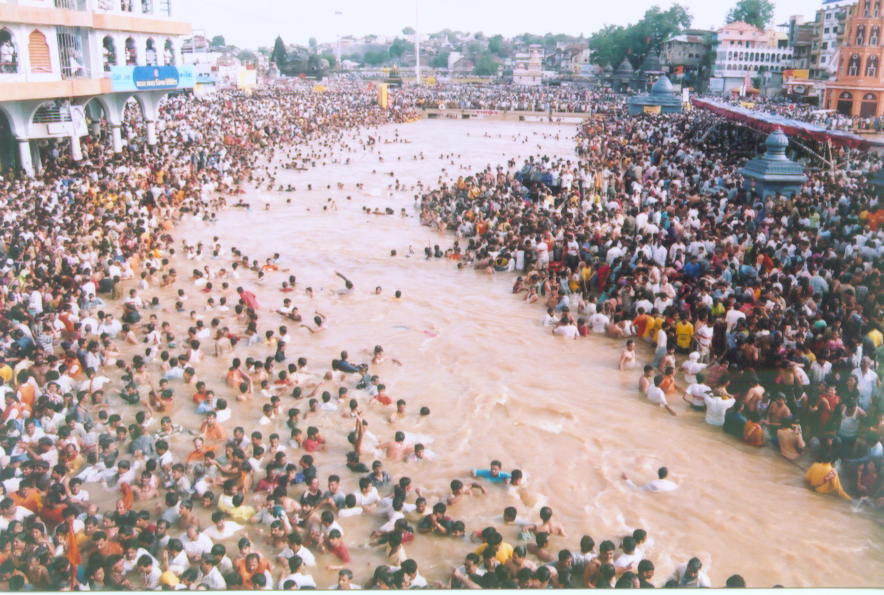Eid-ul-Zuha is seen by most of my non-Muslim friends and even my own children to be an occasion to slaughter animals for no fault of theirs. My children see me as a “butcher” when I go ahead with this ritual!
Others react the same way. Tilak Rastogi, a friend, doesn’t come to my house on the day of Eid-ul-Zuha as he can’t bear the blood, gore and stench on account of the sacrifice of goats.
Although the slaughtering of innocent animals is heart-rending to many, according to Mufti Mukarram Ahmed, the Shahi Imam of Delhi’s 17th century Fatehpuri Masjid, the sacrifice of animals too is a part of balance of nature.
If there is no sacrifice of these goats, their number would increase manifold to the extent that humans would have no space to live.
The sacrifice that is usually taken to be the slaughtering of animals is more than that, as an incident from the life of Prophet Mohammed shows.
Once he received a Christian guest from Najran in his house. There was no food at night except some goat milk. The Prophet offered his guest the milk although his own family went without a meal that night like the previous night. This is the right way to sacrifice for others.
Eid-ul-Zuha, the festival of reminding one of submission to God and the feeling of sacrifice and obedience attached to it, is also known as Eid-ul-Azha. In Urdu-speaking communities, it is known as Eid-e-Qurban, or more commonly in the sub-continent as the Bakr Eid (festival of goats).
The underlying truth is that this festival of sacrifice brings man and God close to each other. In fact, it is not the sacrifice of a camel, goat, sheep, ram or lamb but of one’s own self, happiness, comfort and affluence in the name of God.
It might appear quite barbaric to many as the sacrificing act takes lives of umpteen animals. But these sacrifices also serve the cause of conservation and keep the animal population in check.
The festival also symbolizes the test of faith and loyalty. Like every religious festival, Eid-ul-Zuha too has a symbolic religious incident attached to it, that of God’s command to the Patriarch Abraham, holy for the three faiths of Judaism, Christianity and Islam, to sacrifice his son.
Besides, sacrifice is a part of every faith, no matter in what form it comes. After Eid-ul-Zuha, three parts of the animal’s sacrificial flesh is distributed amongst the poor who can’t afford the delight of a meal like that.
Thus, Eid-ul-Zuha is also symbolic of the sacrifice of one being for the comfort of the needy, the weak, the aged and downtrodden. The spirit of sacrifice is to learn from parents who sacrifice for their loved ones.
Firoz Bakht Ahmed is a commentator on social, religious and educational issues.
IANS



